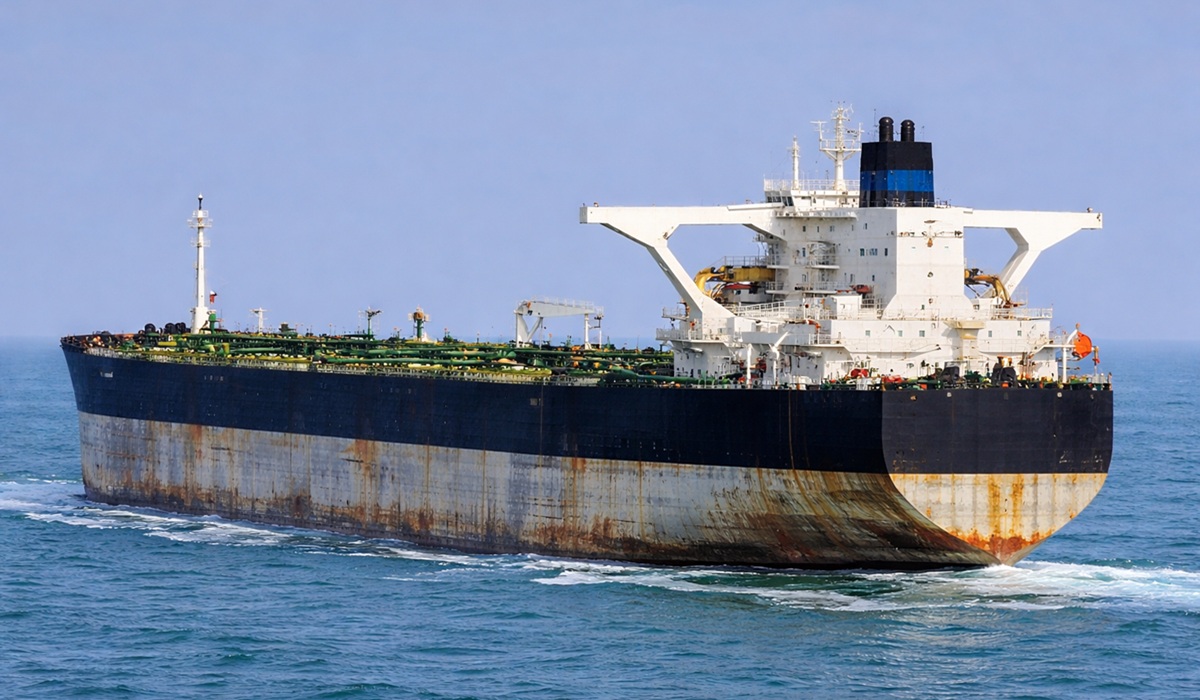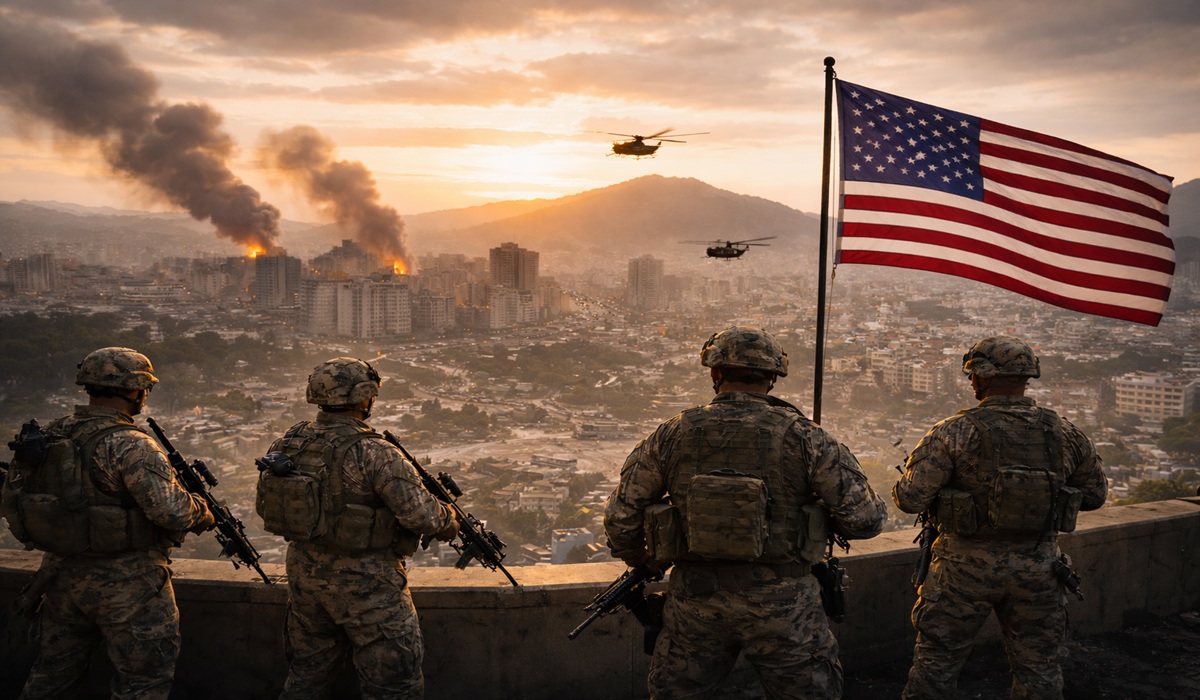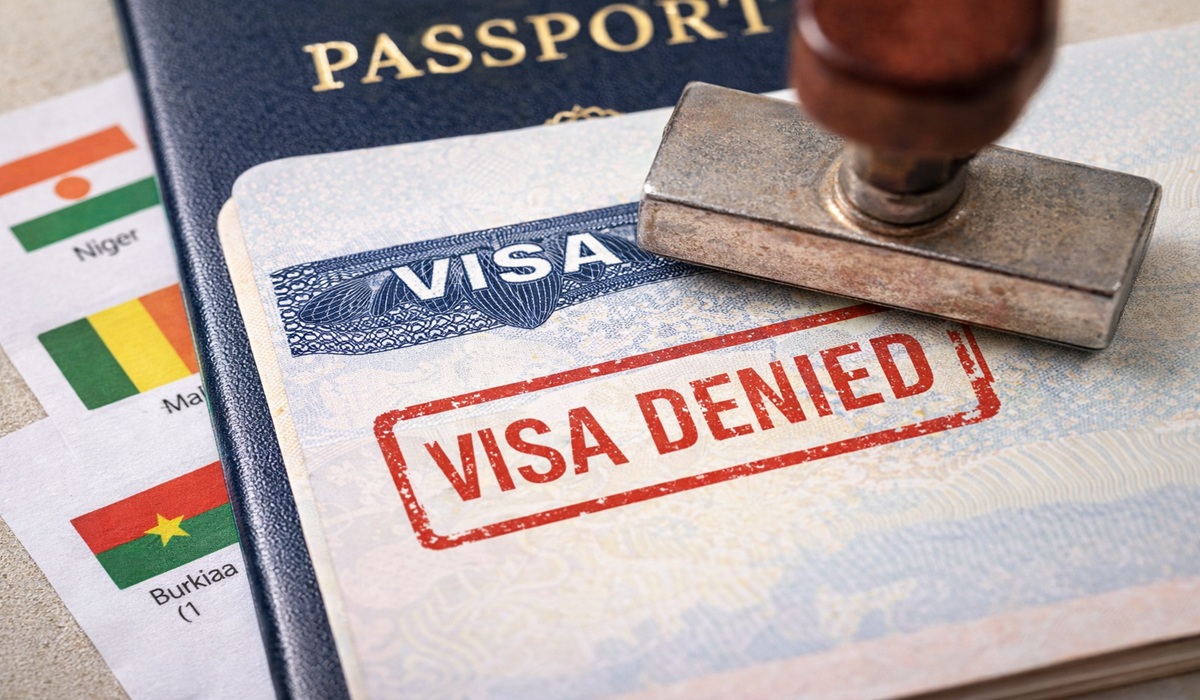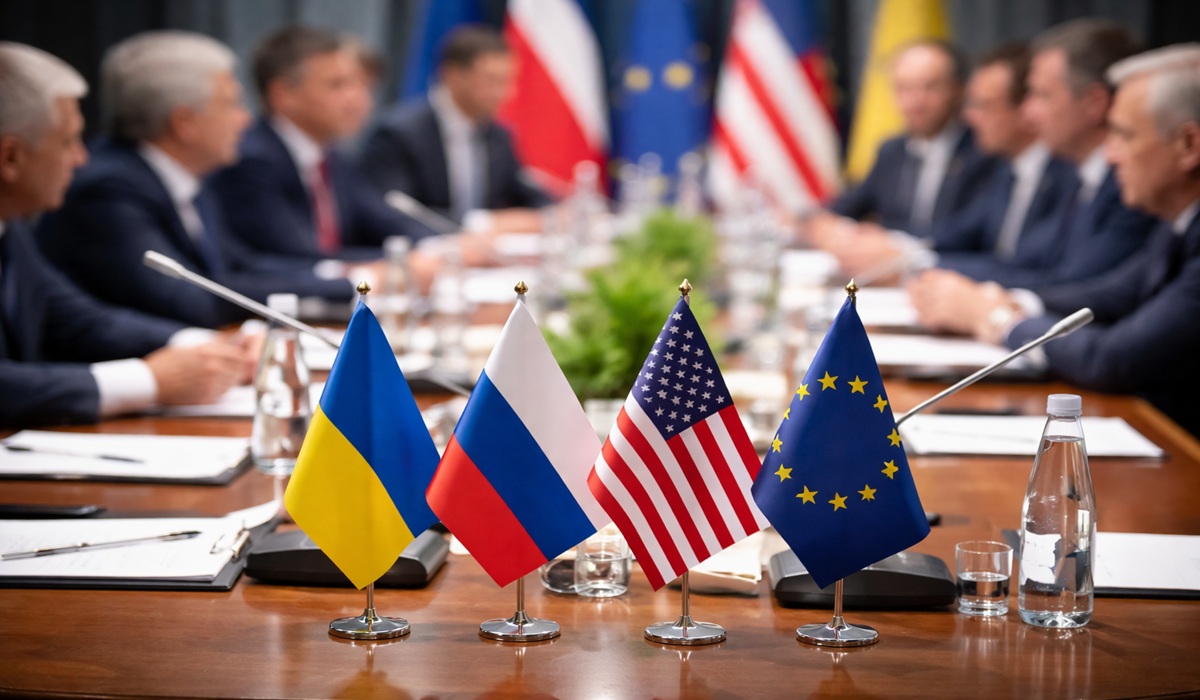France to Recognize Palestinian State in September: A Long-Overdue Shift in Global Conscience
- TDS News
- Breaking News
- July 25, 2025
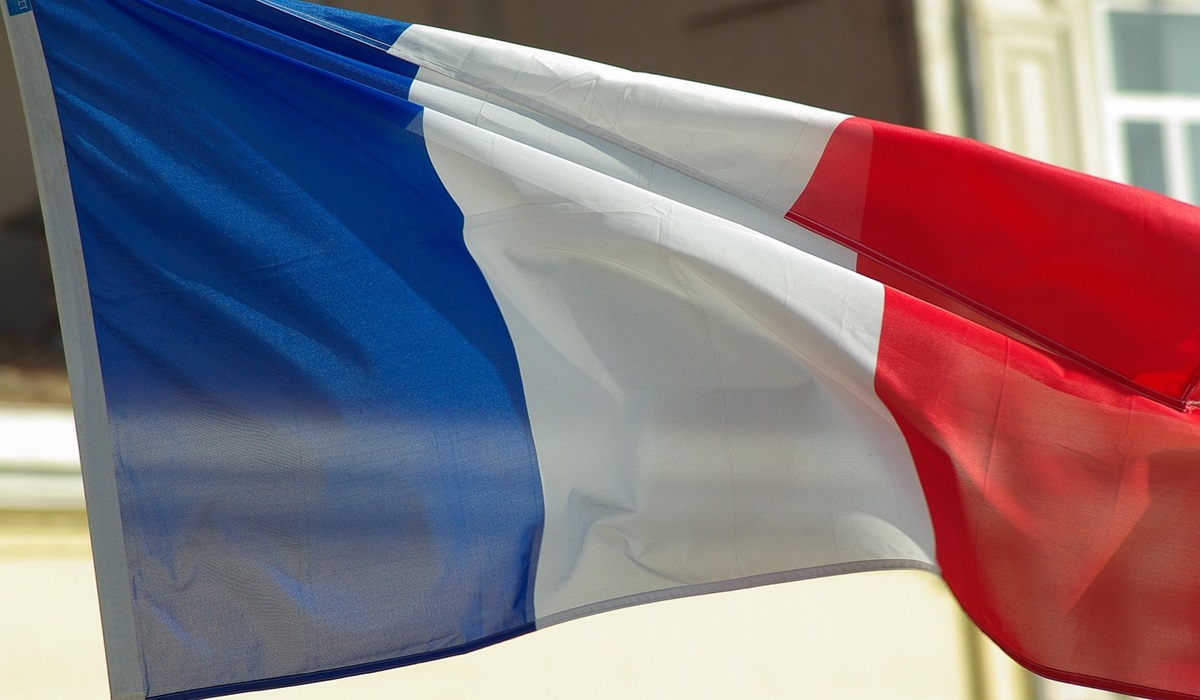
By: Donovan Martin Sr, Editor in Chief
Image Credit: Jacqueline Macou
In a move that marks a profound geopolitical turning point, French President Emmanuel Macron announced via Twitter this week that France will officially recognize the State of Palestine this coming September. The declaration arrives at a moment of immense suffering in Gaza, renewed global scrutiny over Israel’s actions, and escalating pressure from world leaders to address the humanitarian catastrophe unfolding in the besieged Palestinian territory.
President Macron’s tweet, now pinned to the top of his official feed, reads:
“La France reconnaîtra l’État de Palestine en septembre. C’est un acte de paix, de justice et de responsabilité. Le temps est venu.”
(“France will recognize the State of Palestine in September. It is an act of peace, justice, and responsibility. The time has come.”)
In his subsequent statements, Macron clarified that this decision reflects France’s longstanding belief in a two-state solution and international law. He wrote, “This recognition is not against Israel. It is for peace. We cannot look away from the suffering in Gaza, from the dignity of the Palestinian people, or from the failure of the status quo.”
France’s move is neither surprising nor isolated. It follows similar recognitions by other major European countries including Spain, Ireland, Norway, and Sweden—nations that have either formally recognized Palestine or declared their intent to do so in recent years. The majority of the world—nearly 140 of 193 UN member states—already recognize Palestine as a state. France’s upcoming recognition sends a clear message: Europe is slowly but surely pivoting away from its historic hesitation.
France, one of the five permanent members of the UN Security Council, holds particular weight in shaping global consensus. Macron’s statement serves not only as a diplomatic milestone but as a moral reckoning—a symbolic break from decades of fence-sitting and complicity in a deteriorating status quo.
The announcement was met with harsh condemnation from Israeli Prime Minister Benjamin Netanyahu, who accused France of betraying Israel in the aftermath of the October 7 attacks. Speaking to Israeli press, Netanyahu said:
“How can France, after what took place on October 7th, choose to reward terror with recognition?”
This line of argument has become Netanyahu’s default response to any criticism of Israeli policy. October 7, 2023—a day that saw hundreds of Israelis killed in a Hamas-led attack—was indeed horrific and indefensible. But what Netanyahu never acknowledges is the decades-long context of military occupation, systemic oppression, and land dispossession that has defined Palestinian life under Israeli control. The horrors of that single day do not negate the collective punishment now inflicted upon over two million Gazans, nor do they erase Israel’s long-standing violations of international law.
As of today, much of Gaza lies in ruins. Entire neighbourhoods have been flattened, hospitals bombed, and basic infrastructure obliterated. More than 30,000 people—many of them women and children—are reported dead. At least a million others face famine. Israel’s military siege has turned Gaza into what many rights organizations are calling an “open-air graveyard.” And yet, Netanyahu continues to cast any criticism of his government’s actions as an attack on Israel itself.
Macron’s announcement came just hours after another round of ceasefire talks between Israel and Hamas broke down. These “Gaza for Peace” negotiations, facilitated behind closed doors by Qatari and Egyptian diplomats, had raised hopes of a breakthrough. But with Israel refusing to commit to a permanent cessation of hostilities and Hamas demanding the end of the blockade, the talks once again collapsed into stalemate.
This diplomatic failure seems to have further galvanized Macron and others to act unilaterally, recognizing that multilateral forums have failed to produce either peace or accountability. The reality is grim: Netanyahu, currently facing an arrest warrant from the International Criminal Court, remains shielded by powerful allies such as the United States, Germany, the United Kingdom, and some Gulf states. Without pressure from within this protective bloc, his government appears unwilling to change course.
Despite growing public discontent, the U.S. government continues to provide unwavering support for Israel. Billions in American taxpayer dollars have flowed to Israeli military operations in recent months, funding the very warplanes and artillery that have devastated Gaza. While the American public is beginning to express outrage—evident in mass protests across college campuses and city streets—Congress remains largely inert, hamstrung by political inertia and lobbying pressure.
For now, it seems unlikely that the U.S. will follow France’s lead. Recognition of Palestine as a sovereign state is still seen as taboo in Washington political circles, even as liberal and progressive voices increasingly call for change. But France’s announcement may tip the balance, especially as global coalitions grow bolder.
This month, the so-called “Hague 20”—a coalition of nations quietly coordinating through legal and humanitarian channels—has emerged as a significant force. These countries, while not publicly defying U.S. policy, are actively working to end the starvation in Gaza through diplomatic pressure, emergency aid corridors, and international legal mechanisms.
This group, composed of countries from Latin America, Africa, Europe, and Southeast Asia, is strategically avoiding direct confrontation with the U.S. while aligning themselves with international law and moral duty. Their message is clear: enough is enough.
France’s recognition of Palestine is not a weapon pointed at Israel, nor is it an endorsement of Hamas. It is an acknowledgment of a people’s right to statehood, self-determination, and dignity. It is a stand against the normalization of occupation. It is a signal that time has run out on the illusion that peace will somehow emerge while one side lives in freedom and the other in permanent siege.
As Macron put it:
“To recognize Palestine is to recognize the right of every child to grow up in peace, not rubble. It is to recognize hope over despair.”
While this symbolic act won’t immediately end the suffering in Gaza, nor will it topple Netanyahu or break U.S. alignment with Israel, it does chip away at the global wall of silence. It reminds the world that recognition is not only a diplomatic gesture—it is a human one.
And in this moment of unbearable human crisis, that matters.

